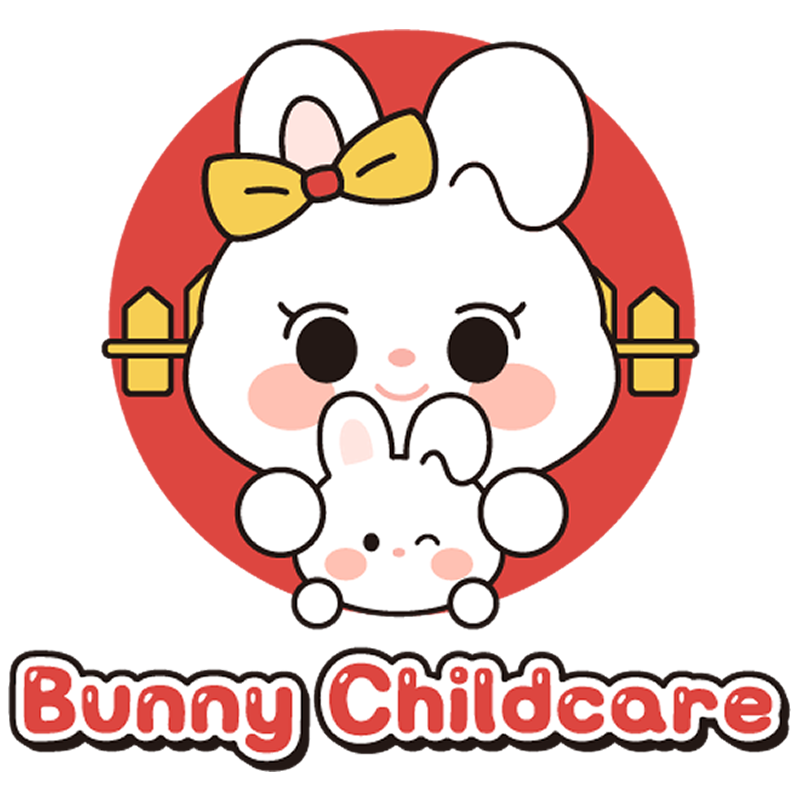How to Foster a Strong Parent-Child Relationship

Building a strong and healthy relationship between parents and children is essential for the emotional and psychological well-being of both parties. This relationship forms the foundation of a child's development and can significantly impact their future relationships and overall life satisfaction. Here are some key strategies to foster a strong parent-child relationship.
1. Communication
Effective communication is the cornerstone of any strong relationship. Parents should make an effort to communicate openly and honestly with their children. This means actively listening to their concerns, validating their feelings, and providing thoughtful responses. Encouraging children to express their thoughts and emotions freely helps them feel understood and valued.
2. Quality Time
Spending quality time together strengthens the bond between parents and children. This doesn’t necessarily mean expensive outings or elaborate plans; simple activities like playing games, reading books, or even just talking during a walk can be very meaningful. The key is to be fully present and engaged during these moments, showing children that they are a priority.
3. Empathy and Understanding
Parents should strive to see the world from their child’s perspective. This involves understanding their emotions, recognizing their developmental needs, and being patient with their growing pains. Empathy helps in building trust and makes children feel secure in their relationship with their parents.
4. Consistent Support
Providing consistent support and encouragement is crucial for a child’s confidence and self-esteem. Parents should celebrate their child’s achievements, no matter how small, and offer comfort and guidance during challenging times. This unwavering support helps children develop resilience and a sense of security.
5. Setting Boundaries
While it’s important to be supportive and empathetic, parents also need to set clear and consistent boundaries. Rules and expectations help children understand what is acceptable behavior and develop a sense of responsibility. It’s important that these boundaries are enforced with love and respect, rather than fear and punishment.
6. Modeling Positive Behavior
Children often learn by observing their parents. Demonstrating positive behaviors, such as kindness, honesty, and respect, sets a powerful example for children to follow. Parents should strive to be role models in how they handle relationships, conflicts, and challenges.
7. Encouraging Independence
As children grow, it’s important to encourage their independence. Allowing them to make choices and take on responsibilities helps them develop autonomy and confidence. Parents should offer guidance and support, but also give children the space to learn from their own experiences.
8. Maintaining a Positive Environment
Creating a positive and nurturing home environment is essential for a strong parent-child relationship. This means fostering an atmosphere of love, respect, and encouragement. It’s important to minimize stress and conflict, and instead focus on creating a supportive and loving space where children feel safe and valued.
In conclusion, fostering a strong parent-child relationship requires effort, patience, and love. By prioritizing communication, spending quality time together, showing empathy, providing consistent support, setting boundaries, modeling positive behavior, encouraging independence, and maintaining a positive environment, parents can build a lasting and meaningful bond with their children. This strong foundation will not only benefit the child’s development but also enrich the lives of the parents, creating a fulfilling and harmonious family dynamic.
Recent Post

How to Effectively Praise and Criticize Children
Providing the right balance of praise and criticism is essential for fostering your child's growth and development. At Bunny Childcare Warkworth, we believe that effective communication with children can build their confidence, improve their behavior, and enhance their emotional well-being. Here are some strategies on how to praise and criticize your child in a constructive and meaningful way.

How to Handle Your Child's Tantrums
Tantrums are a normal part of childhood development, but they can be challenging and stressful for both children and parents. At Bunny Childcare Warkworth, we understand how important it is for parents to know how to effectively manage these situations. Here are some tips and strategies to help you navigate your child's tantrums with patience and understanding.

Fostering Independence in Young Children
Independence is a crucial skill for young children to develop, as it helps build their confidence, problem-solving abilities, and sense of responsibility. At Bunny Childcare Warkworth, we believe that fostering independence in children is essential for their overall development and well-being. Here are some effective strategies to help your child become more independent and self-reliant.
